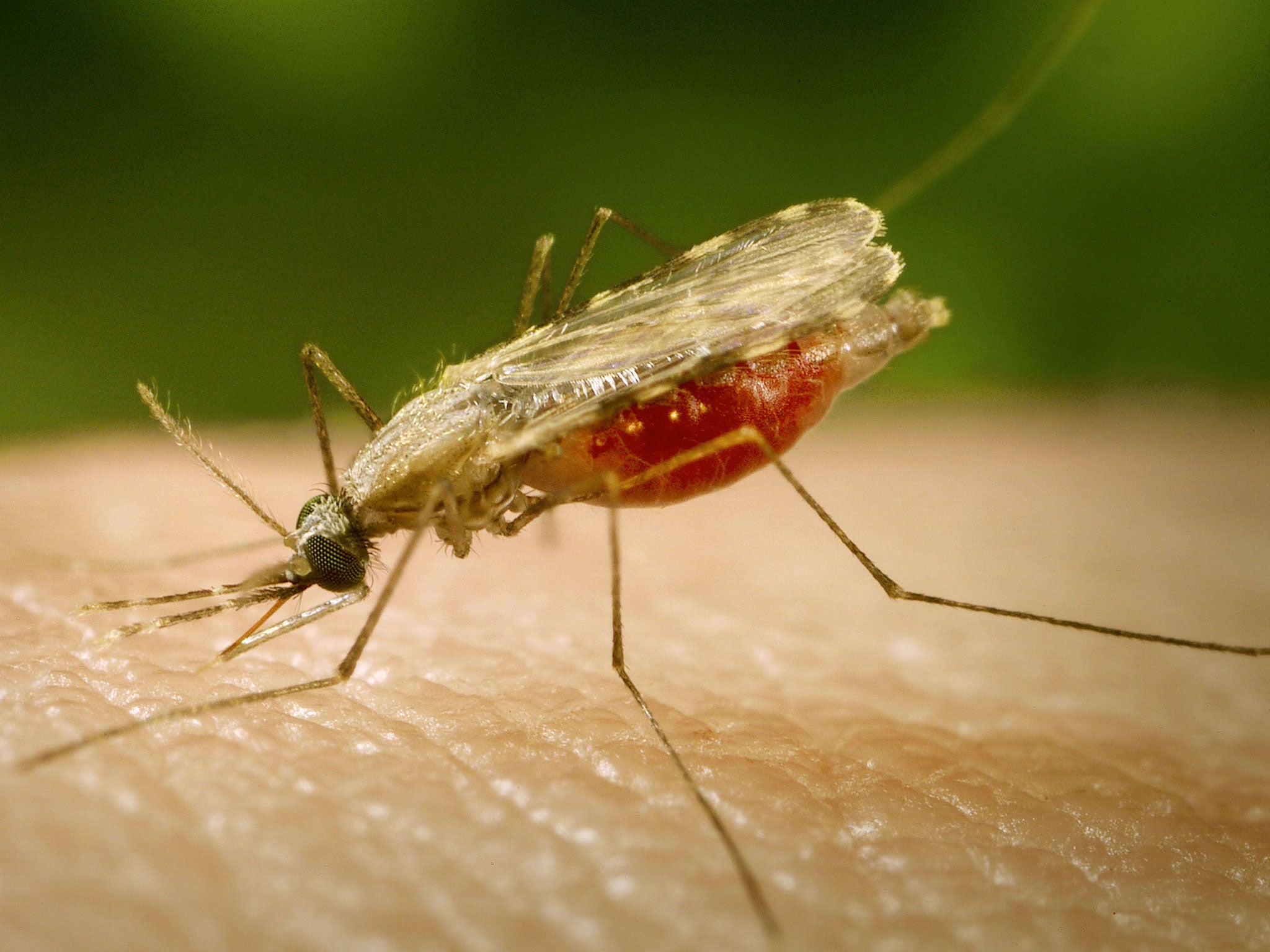Steve Connor: The results so far arec good, but there's still a long way to go before an effective malaria vaccine is available

The vaccine known as "RTS,S", made by GlaxoSmithKline, was the first "candidate" vaccine against malaria and was initially developed as long ago as 1987. This fact alone indicates just how difficult and tortuous it is to manufacture a safe, reliable and effective vaccine against the malaria parasite.
Malaria is caused by a relatively sophisticated single-celled microbe, Plasmodium falciparum, with a complex life-cycle. The parasite can change its outer protein coat to confuse the body's immune defences and so effectively presents a constantly moving target for the vaccine "bullet".
In addition, the Plasmodium parasite can hide within the blood cells of the body, making it virtually unrecognisable to the immune defences that a vaccine stimulates. The microbe also flips from one stage of its life-cycle to another and infects more than one set of tissues in the body.
Nevertheless, RTS,S is the first malaria candidate vaccine - and there have been many over the decades - to reach the stage of widespread testing at the most advanced phase of clinical trials. It is designed to prevent the Plasmodium parasite from infecting, maturing and multiplying in the liver, from where the parasite will re-enter the bloodstream to infect red blood cells and so cause symptoms.
The vaccine is supposed to work by stimulating both arms of the immune system, the free-floating antibodies - the specialised proteins of the immune defences - and the killer T-cells of the blood which are designed to seek out and destroy alien invaders.
This phase III study, based on 15,000 immunised children, is now at the 18-month stage following vaccination. The results are impressive, with nearly 50 per cent protection, which although not brilliant will be good enough to make a big difference in fighting a disease that still kills more than 600,000 people a year - most of them children.
However, this trial still has some way to go before it concludes. The efficacy of the vaccine for infants and young children could well go down further still - it was higher at the 12-month stage - which would raise serious questions about its usefulness.
Further findings from the 32-month stage of follow-up, and the impact of a booster given after 18 months, will be made available next year. We should know then whether we really do have an effective vaccine against malaria.
Subscribe to Independent Premium to bookmark this article
Want to bookmark your favourite articles and stories to read or reference later? Start your Independent Premium subscription today.

Join our commenting forum
Join thought-provoking conversations, follow other Independent readers and see their replies